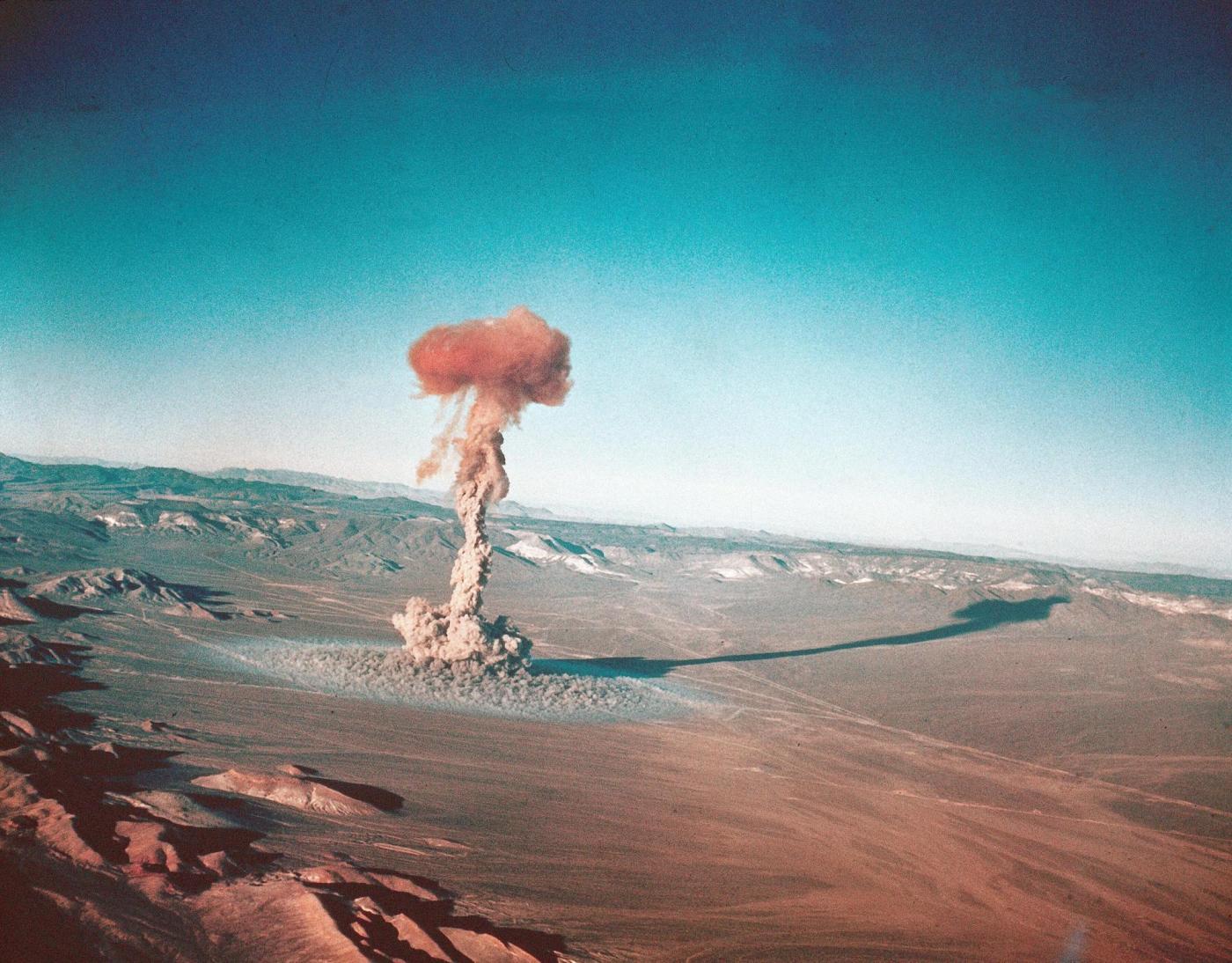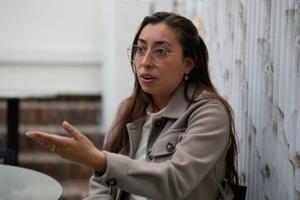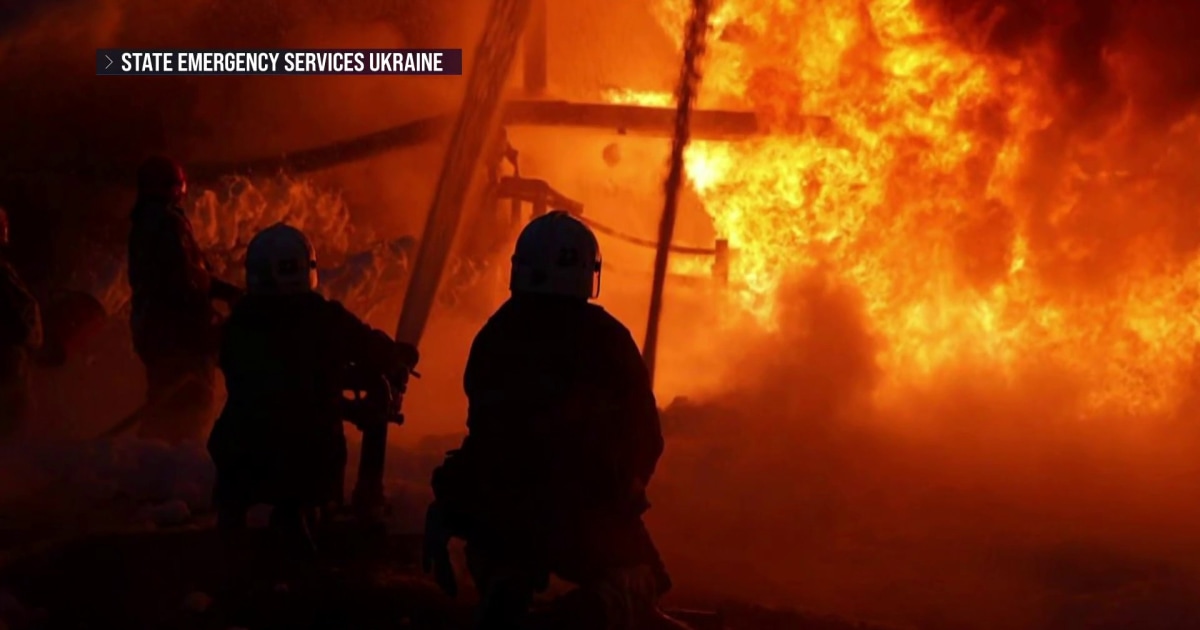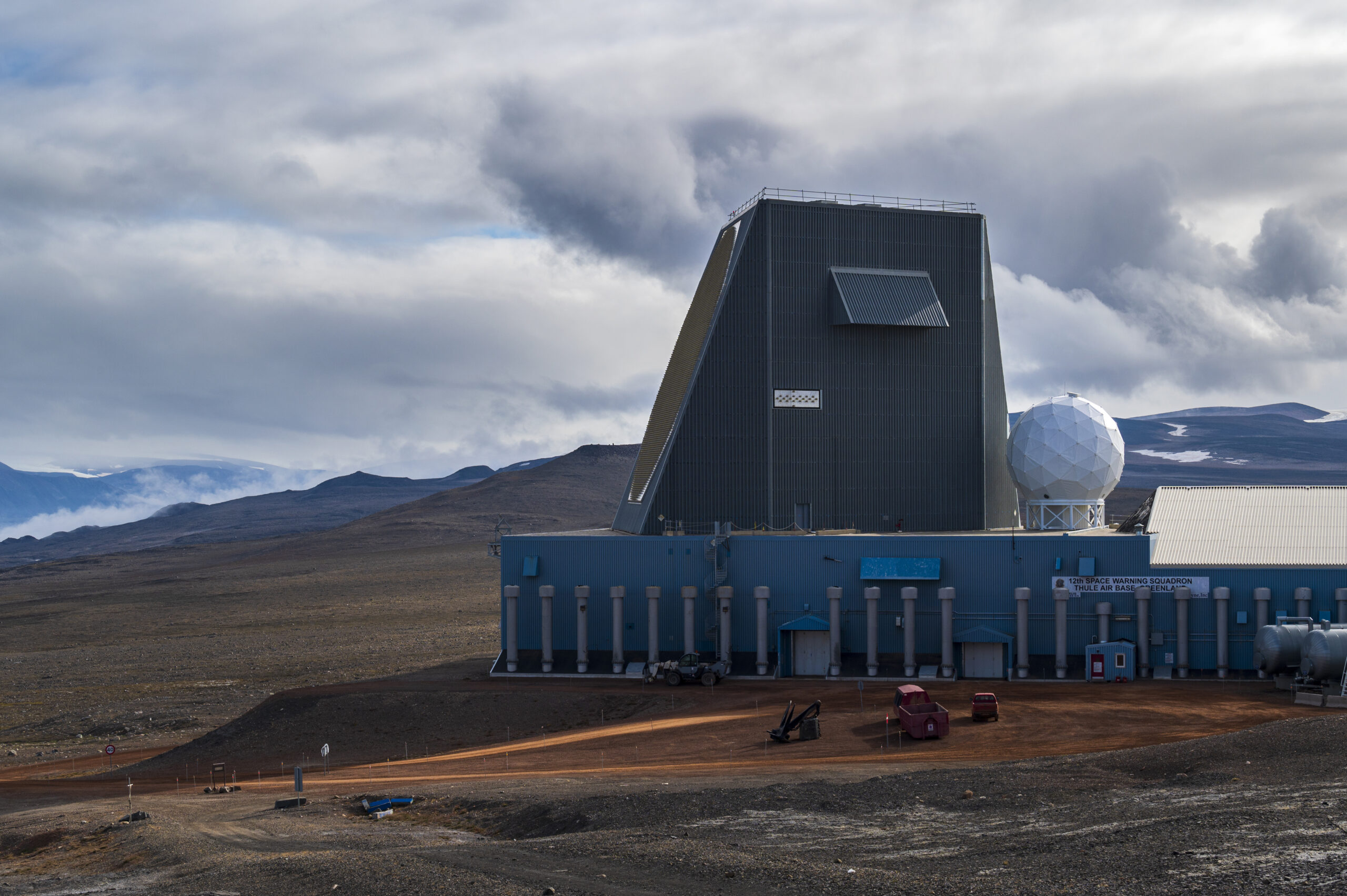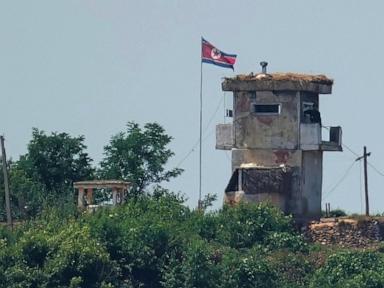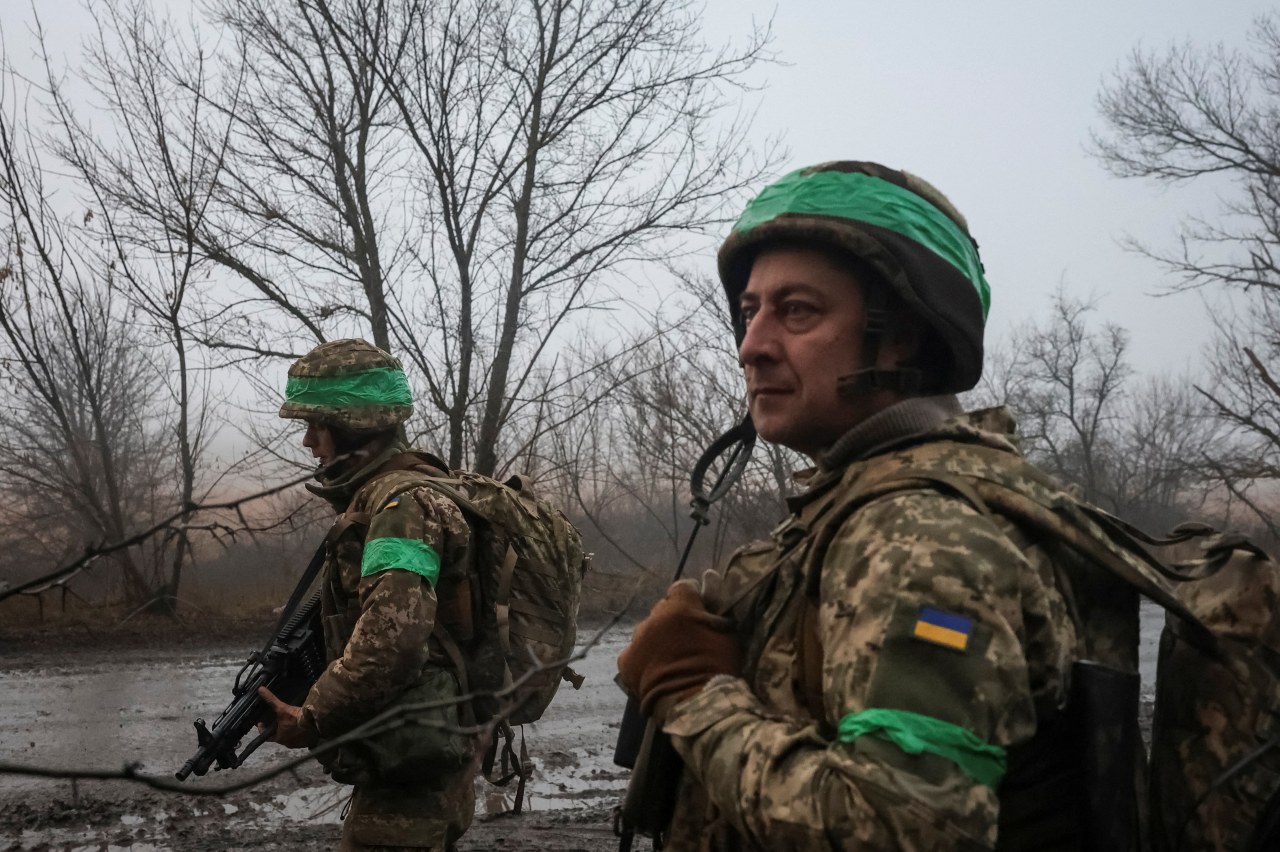In a surprising announcement, President Donald Trump indicated a potential shift in American nuclear policy just before a crucial meeting with Chinese President Xi Jinping. In a post on Truth Social, Trump stated, “Because of other countries’ testing programs, I have instructed the Department of War to start testing our Nuclear Weapons on an equal basis. That process will begin immediately.” This declaration raises questions about the future of nuclear testing in the United States and its implications for global security.
The last confirmed nuclear test was conducted by North Korea in 2017, with prior tests by India and Pakistan in 1998. The U.S. last tested a nuclear weapon in 1992. Although the U.S. signed the Comprehensive Test Ban Treaty in 1996, it has never been ratified by the Senate, allowing the country to resume testing within 24 to 36 months of a presidential directive.
Trump’s remarks seem to echo concerns over recent developments, particularly Russia’s testing of the nuclear-powered Burevestnik missile capable of carrying a nuclear warhead. Experts are now questioning whether Trump intends to test actual nuclear weapons or merely the systems designed to deliver them.
Following the announcement, Trump and Vice President JD Vance were pressed for clarification by reporters, but neither provided specific details. Trump noted, “It’ll be announced. You know, we have test sites. It’ll be announced.” Vance added, “We know that it does work properly, but you’ve got to keep on top of it over time, and the president just wants to make sure that we do that.”
The U.S. already conducts regular tests of its Nuclear Triad, which includes bombers, submarines, and intercontinental ballistic missiles. These systems are capable of delivering nuclear weapons that could have catastrophic consequences. Experts like John Erath, senior policy director at the Center for Arms Control and Non-Proliferation, clarified that while there are tests called sub-critical tests, which ensure functionality without causing an explosion, these are typically overseen by the Department of Energy, not the Pentagon, as Trump suggested.
Erath explained that delivery system tests can be conducted both in actual scenarios and through computer simulations. He stated, “If (the U.S.) were to do a few more, that’s not a huge change, but no doubt, Russia and China would see it or would attempt to portray it in their propaganda as being escalatory and dangerous.”
Contrary to Trump’s claim that the U.S. possesses the most nuclear weapons globally, estimates from the Federation of American Scientists indicate that Russia leads with approximately 5,500 nuclear weapons, while the U.S. has around 5,200. China ranks third with about 600, but it is rapidly expanding its arsenal, believed to be adding around 100 warheads annually.
Senator Jeanne Shaheen of New Hampshire, the ranking member of the Senate Foreign Relations Committee, criticized Trump’s proposal, labeling it as “very dangerous and reckless.” She emphasized the historical toll of nuclear testing on both Americans and the environment, describing it as a chapter that should remain closed.
As evidenced by the recent activities surrounding Russia’s Burevestnik missile, the nuclear era is far from over. Lyle Goldstein, Director of Asia Studies at Defense Priorities, characterized Trump’s announcement as a “natural consequence” of the renewed tensions, which he refers to as a new Cold War. While not entirely unexpected, Goldstein expressed concern, stating, “The logic of nuclear rivalry is there. It’s terrible. It doesn’t serve anyone and it will make us all much poorer at a minimum, but of course, it could be the end of the planet.”
He noted the potential risks of advancing adversaries’ nuclear capabilities through U.S. testing. While aboard Air Force One, Trump expressed a desire for denuclearization, suggesting that discussions are ongoing with Russia and potentially China. “I think de-escalation would be, they would call it denuclearization, would be a tremendous thing,” he said.
Currently, there is little indication from either Russia or China that they are interested in pursuing denuclearization. Goldstein asserted, “I have no doubt in my mind that both Beijing and Moscow, Moscow in particular, are ready to start up nuclear testing.” The ramifications of Trump’s statements and proposed policy shift are likely to reverberate through international relations for the foreseeable future.

